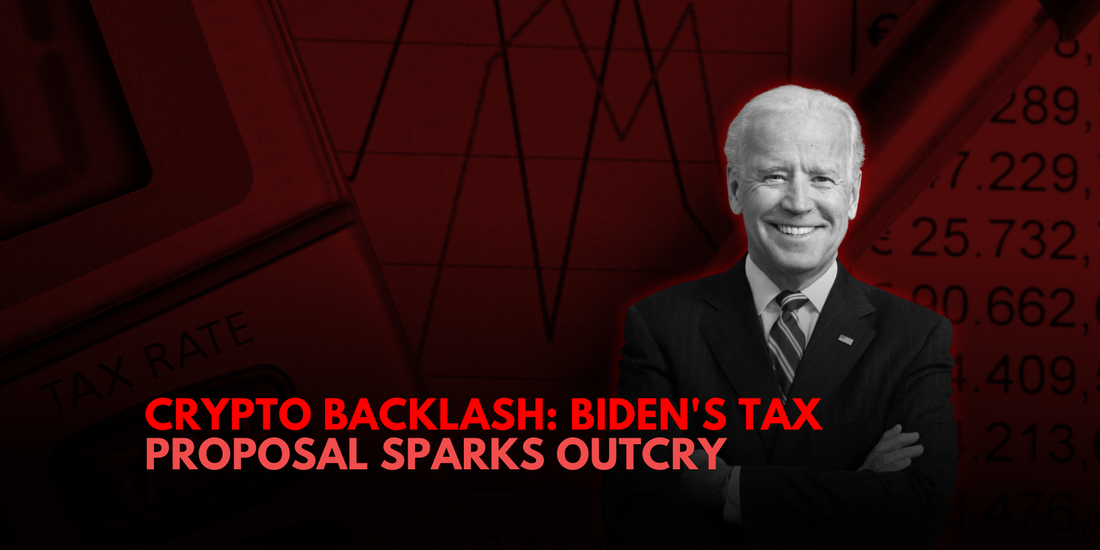The crypto world has been abuzz with criticism in response to the newly introduced crypto tax reporting regulations by United States President Joe Biden. On August 25, the Internal Revenue Service (IRS) outlined fresh rules aimed at curbing tax evasion in the crypto space. The proposal mandates that brokers adhere to new guidelines for selling and trading digital assets, facilitating easier tax filing and deterring tax fraud.
The U.S. Department of the Treasury indicated that these proposed rules are designed to align digital asset reporting with the reporting mechanisms for other types of assets. However, several prominent figures within the crypto community argue that the stringent regulations might drive the industry further away from the United States.
Ryan Selkis, CEO of Messari, voiced his skepticism about the impact of these regulations. He stated that if Biden secures reelection, the crypto industry might not thrive in the country. Similarly, Chris Perkins, the president of CoinFund, a crypto venture firm, emphasized that these rules could hamper innovation and push the U.S. behind other countries that have embraced the crypto sector.
Instead of resorting to rigid crackdowns, some in the crypto community advocate for a balanced approach. They propose well-defined rules that allow for safe innovation within the crypto industry. The sentiment is that the U.S. should foster a regulatory environment that encourages growth while addressing concerns around tax evasion and fraudulent activities.
While discussions continue, there is skepticism about whether either major political party in the United States will champion the interests of the crypto industry effectively. Some users express doubts about the commitment of both Democrats and Republicans to foster a favorable environment for crypto. A sentiment emerges that the regulatory landscape has become more challenging in recent times.
The new rules raise privacy concerns for some members of the crypto community. The devotion of the U.S. to income tax has implications for private transactions conducted on public blockchains, potentially leading to surveillance of tax and sanctions. Kristin Smith, CEO of the Blockchain Association, emphasized the importance of tailoring regulations to the unique nature of the crypto ecosystem. She expressed reservations about merging digital asset reporting with traditional assets.
This discussion comes in the wake of previous concerns voiced by the crypto industry regarding regulatory decisions stifling innovation within the United States. Grayscale Investments CEO Michael Sonnenshein warned that excessive enforcement actions by the Securities and Exchange Commission could drive crypto firms out of the country. Similarly, Ripple CEO Brad Garlinghouse highlighted the slower pace of crypto regulation in the U.S., prompting the industry's shift toward more crypto-friendly jurisdictions.
As the crypto community grapples with these proposed tax regulations, the balance between regulatory oversight and innovation remains a central concern for the industry's stakeholders.

